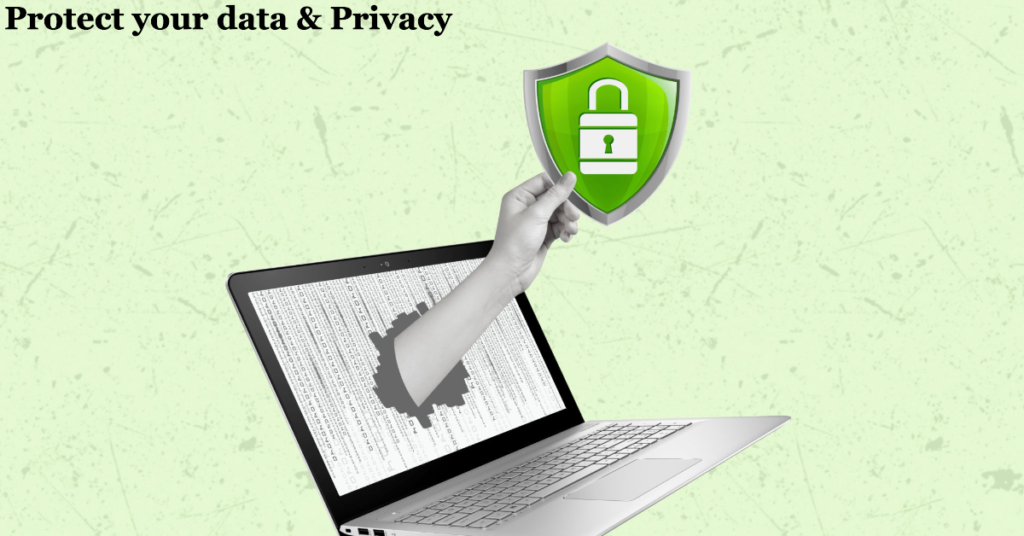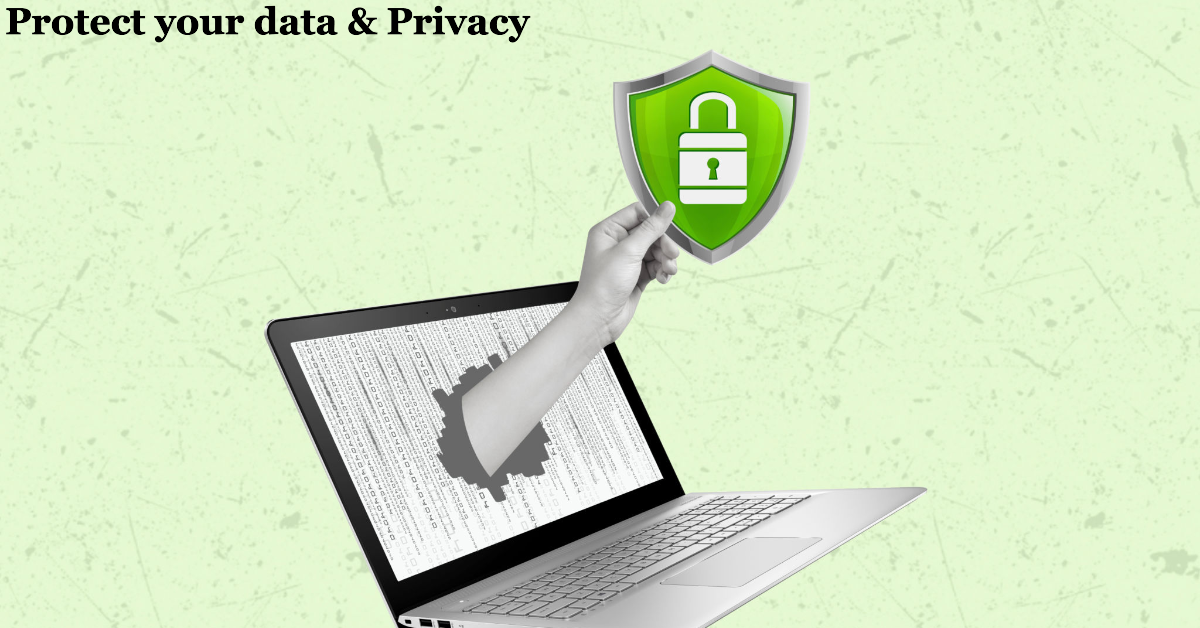Cyber attacks are a serious threat to businesses and individuals alike. In 2021, the average cost of a data breach was $4.24 million. And, according to the Cybersecurity and Infrastructure Security Agency (CISA), there were over 800,000 reported cyber incidents in the United States last year.

While cyber attacks can be sophisticated and difficult to prevent, there are a number of things you can do to protect yourself. Here are 10 simple steps you can take to protect yourself from cyber attacks:
- Use strong passwords and keep them safe :
Your passwords should be at least 12 characters long and include a mix of uppercase and lowercase letters, numbers, and symbols. You should also never use the same password for multiple accounts. - Keep your software up to date :
Software updates often include security patches that can help protect you from known vulnerabilities. - Be careful what you click on :
Phishing emails and malicious websites are a common way for cyber attackers to gain access to your devices. If you’re not sure if an email or website is legitimate, don’t click on any links or open any attachments. - Use a firewall and antivirus software :
A firewall can help protect your devices from unauthorized access, and antivirus software can help identify and remove malware. - Be careful about what information you share online :
Don’t share your personal information, such as your Social Security number or bank account number, with people you don’t know or trust. - Use a VPN when connecting to public Wi-Fi :
A VPN can help protect your privacy and security when you’re using public Wi-Fi. - Back up your data regularly :
This way, if you do become a victim of a cyber attack, you won’t lose all of your important data. - Be aware of the latest cyber threats :
Stay up-to-date on the latest cyber threats so you can take steps to protect yourself. - Educate yourself about cyber security :
The more you know about cyber security, the better equipped you’ll be to protect yourself from cyber attacks. - Report suspicious activity :
If you think you’ve been the victim of a cyber attack, report it to the appropriate authorities. - Be aware of the latest scams :
Cyber attackers are constantly coming up with new scams, so it’s important to stay up-to-date on the latest ones. You can do this by reading security blogs and newsletters, or by following security experts on social media. - Use a password manager :
A password manager can help you create and store strong passwords for all of your accounts. This can help you avoid using the same password for multiple accounts, which is a common mistake that cyber attackers can exploit. - Be careful about what you open in emails.
Even if you know the sender, don’t open any emails that look suspicious. This includes emails with attachments, or emails that ask you to click on a link. - Update your operating system and apps regularly.
Software updates often include security patches that can help protect you from known vulnerabilities. - Use a secure browser.
A secure browser can help protect you from malicious websites and phishing attacks. - Be careful about what you download.
Only download apps and files from trusted sources. - Use a VPN when connecting to public Wi-Fi.
A VPN can help protect your privacy and security when you’re using public Wi-Fi. - Back up your data regularly.
This way, if you do become a victim of a cyber attack, you won’t lose all of your important data. - Be aware of the latest cyber threats.
Stay up-to-date on the latest cyber threats so you can take steps to protect yourself. - Educate yourself about cyber security.
The more you know about cyber security, the better equipped you’ll be to protect yourself from cyber attacks. - Report suspicious activity.
If you think you’ve been the victim of a cyber attack, report it to the appropriate authorities.

By following these simple steps, you can help protect yourself from cyber attacks.
Additional tips:
- Use two-factor authentication (2FA) whenever possible :
2FA adds an extra layer of security to your accounts by requiring you to enter a code from your phone in addition to your password. - Be careful about what apps you download :
Only download apps from trusted sources, and read the reviews before you install anything. - Keep your devices secure :
Don’t leave your devices unattended in public, and lock them when you’re not using them. - Be aware of social engineering attacks :
Social engineering attacks are designed to trick you into giving up your personal information or clicking on a malicious link. Be wary of emails or phone calls from people you don’t know, and never give out your personal information unless you’re sure it’s legitimate. - Educate yourself about cyber security :
The more you know about cyber security, the better equipped you’ll be to protect yourself from cyber attacks. - Be aware of the latest cyber threats :
Stay up-to-date on the latest cyber threats so you can take steps to protect yourself. - Back up your data regularly :
This way, if you do become a victim of a cyber attack, you won’t lose all of your important data. - Be aware of social engineering attacks :
Social engineering attacks are designed to trick you into giving up your personal information or clicking on a malicious link. Be wary of emails or phone calls from people you don’t know, and never give out your personal information unless you’re sure it’s legitimate. - Keep your software up to date:
Software updates often include security patches that can help protect you from known vulnerabilities. - Use a firewall and antivirus software :
A firewall can help protect your devices from unauthorized access, and antivirus software can help identify and remove malware.
By following these tips, you can help protect yourself from cyber attacks and keep your personal information safe.
